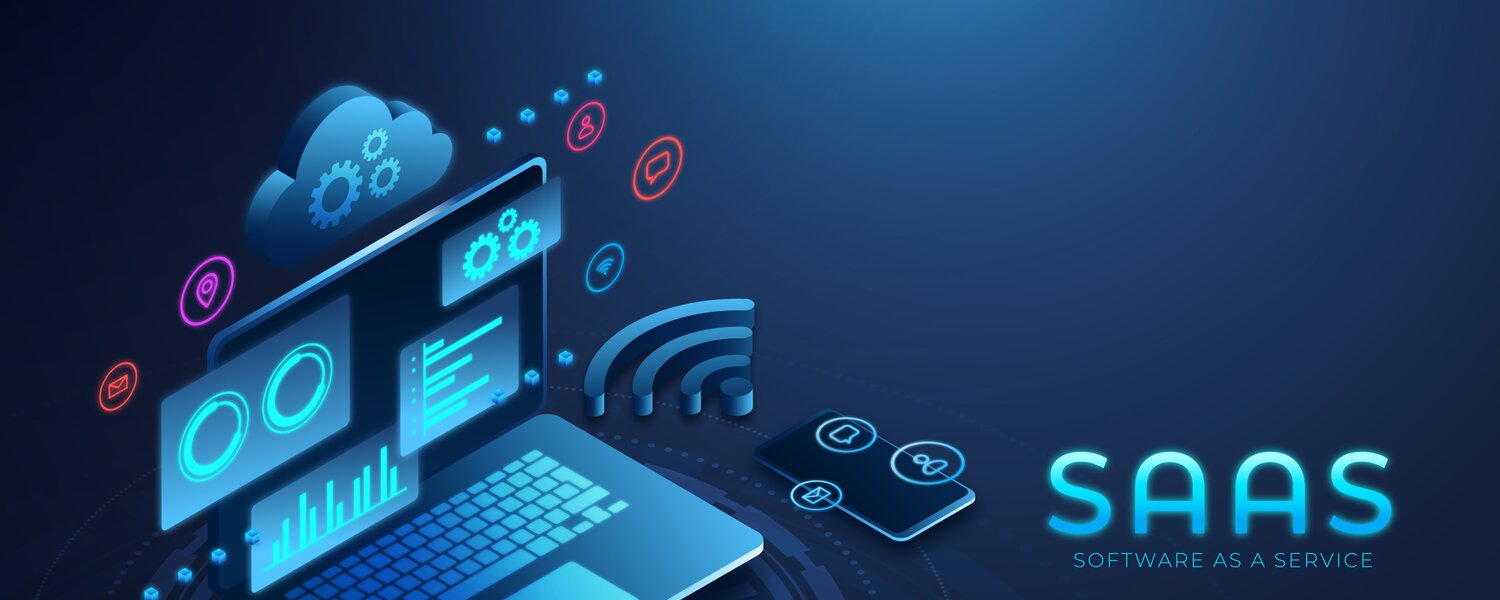Content Management Systems as Software as a Service

Reading time:
minutes
In more and more areas, cloud-based software solutions are gaining acceptance as so-called Software as a Service (SaaS). In the area of content management systems, many providers are establishing both traditional and SaaS offerings. Some even specialize exclusively in the Software as a Service area.
ALTERNATIVE SOFTWARE OFFERINGS WITHIN THE FRAMEWORK OF CLOUD COMPUTING
THE MAIN ADVANTAGES AND DISADVANTAGES OF SAAS
- No acquisition or maintenance costs
- Secure financial planning through monthly billing
- Excellent scalability enables easy growth
- High reliability up to online guarantee
- Data security through comprehensive backup strategies
- Always state of the art through regular updates and further development
- Problem-free access also possible when working on the move or in the home office
Despite all the advantages, there is always a shadow where there is light. Anyone who is thinking of establishing their CMS as a SaaS should not disregard the following disadvantages:
- Less flexibility and individualization options
- Dependence on support and offer of the service provider
- Integration of further software components not always possible
- Development and update promises are not necessarily fulfilled
- Data sovereignty and data protection pose high hurdles for providers that have their servers abroad
- Switching from in-house to a SaaS CMS is often bumpy
THE BEST SAAS-CMS FOR YOUR COMPANY
- What services does the SaaS platform offer?
- How flexible is the system?
- What are the monthly and annual costs?
- To what extent is the SaaS CMS scalable?
- How reliable is the provider?
- Can marketers use the SaaS CMS?
- How future-proof is the system?
- Is the service level agreement (SLA) fair?
- How is the customer service?
- Are privacy requirements met?
This article is part of a whitepaper.
Interested? You can download "Trends in Content Management" as a free whitepaper below:

